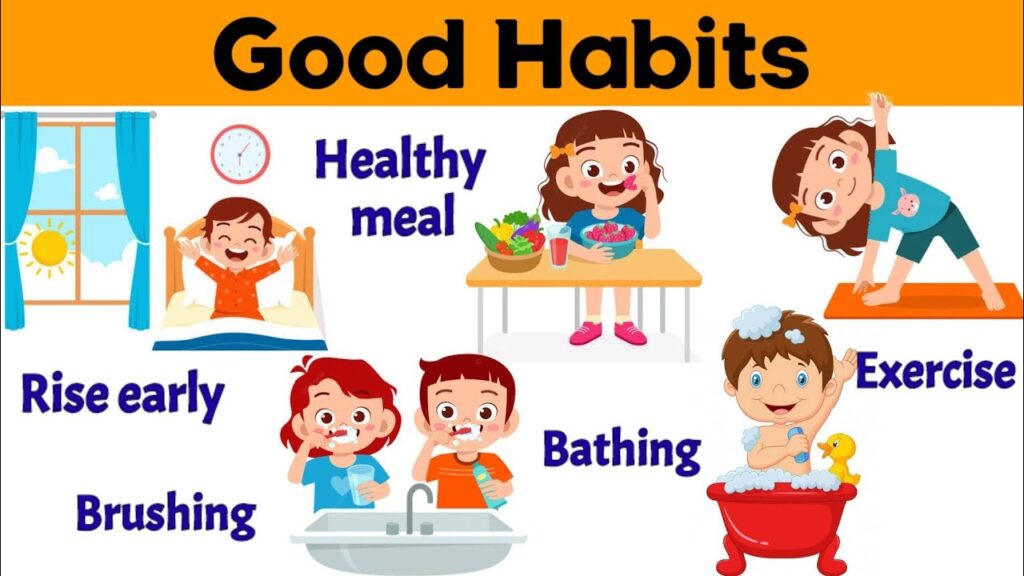
How to inculcate good habits and manner in a toddlers daily life
August 7, 2024
Inculcating good habits and manners in toddlers is a gradual process that involves consistency, positive reinforcement, and setting a good example. Here are some effective strategies:
1. Start Early: Begin teaching and modelling good habits and manners as early as possible. Toddlers are quick learners and can start understanding basic expectations.
2. Consistency: Establish consistent routines and expectations. Children thrive on consistency, so create regular daily habits around meals, bedtime, hygiene, and play.
3. Lead by Example: Children often mimic the behaviour of adults around them. Demonstrate the manners and habits you wish to instil in your toddler, such as saying “please” and “thank you,” using polite language, and showing respect to others.
4. Positive Reinforcement: Praise and encourage your toddler when they demonstrate good manners or habits. Positive reinforcement reinforces their behaviour and motivates them to continue.
5. Use Simple Language: Use simple language to explain why certain behaviours are important. For example, “We wash our hands before eating to keep them clean and healthy.”
6. Teach Empathy: Help your toddler understand the feelings of others. Encourage them to use phrases like “I’m sorry” or “Are you okay?” when appropriate.
7. Practice Patience: Toddlers are learning and may not always remember or execute good manners perfectly. Be patient and gently remind them when needed.
8. Make it Fun: Use games, songs, or stories to teach manners and habits in an engaging way. For example, sing a handwashing song or act out scenarios where good manners are demonstrated.
9. Set Clear Expectations: Clearly communicate your expectations for behaviour in different situations, such as at the table, with guests, or in public places.
10. Create a Positive Environment: Surround your toddler with positive influences, whether it’s through books, videos, or interactions with well-mannered adults and peers.
11. Correct with Kindness: When correcting behaviour, do so calmly and kindly. Avoid shaming or harsh discipline, as this can be counterproductive.
12. Encourage Independence: Allow your toddler to do things for themselves when appropriate, such as dressing themselves or cleaning up toys. This fosters independence and responsibility.
By consistently practicing these strategies and integrating good habits and manners into your toddler’s daily routine, you can help them develop important life skills that will serve them well as they grow older. Remember, patience and positive reinforcement are key to successful habit formation in young children.


